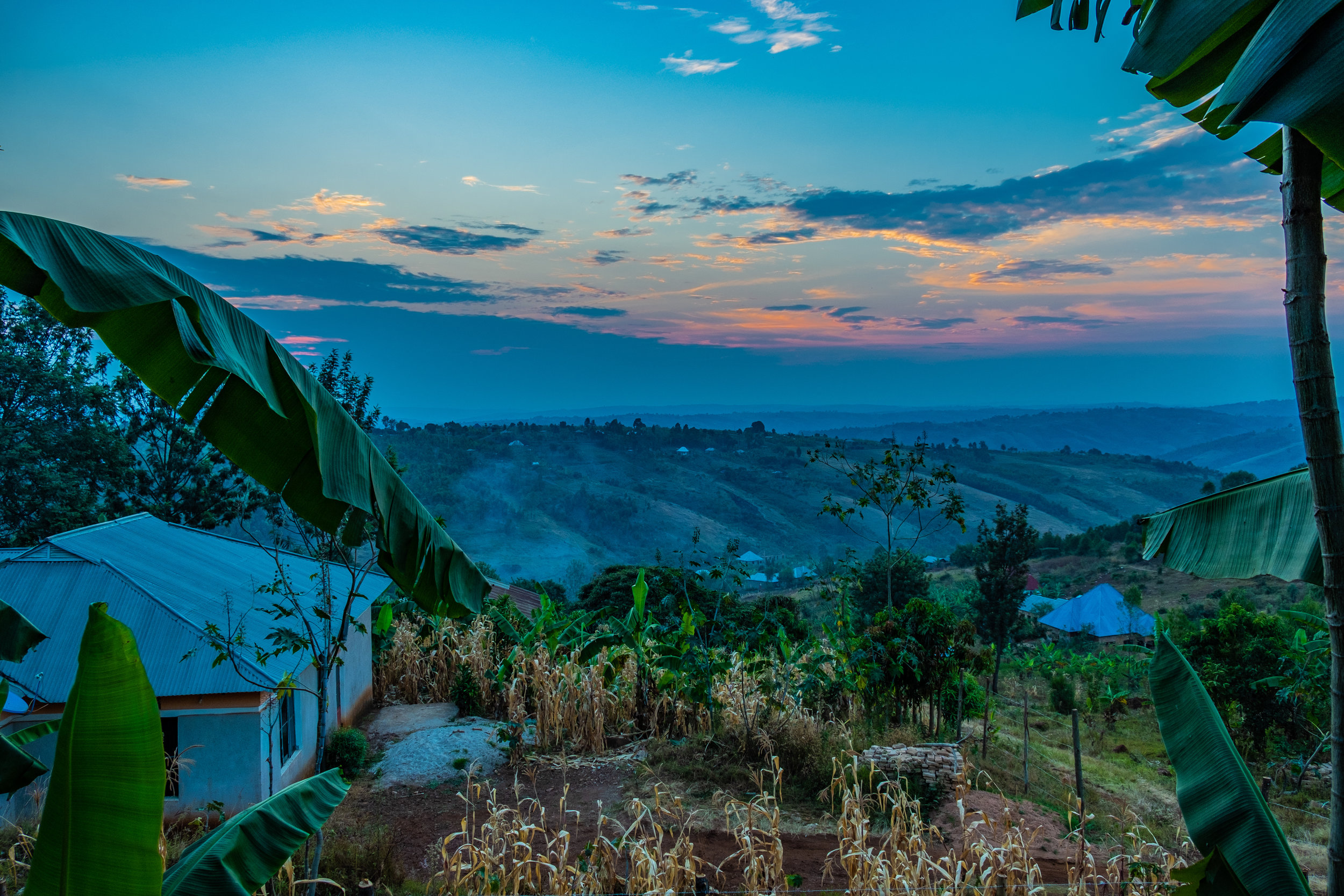Photo by Jeff Mikkelson
Words by Mariana D’Alberto and Jeff Mikkelson
The red soil of Karagwe supports a wide variety of crops—from coffee, maize and cassava, to bananas, pineapples and chia. Yet farming communities in this bucolic district in the northwest corner of Tanzania often struggle with economic privation, difficulty in accessing clean drinking water, and a lack of resources for primary and secondary education.
While three-quarters of the population live in rural areas, and agriculture accounts for 85 percent of its exports, the country’s agricultural policies do not adequately support farming communities, according to KARUDECA founder and CEO Steven Revelian.
Photos by Jeff Mikkelson
“There is no good market scheme for the farmers’ produce. The farmers are not well connected to the local and international markets. This situation affects the economy of the majority,” Revelian explained. As a school teacher born and raised in Karagwe, it pained him to see how many students were not able to attend school because their parents could not afford the fees.
In order to help people in his community develop a sustainable income, Revelian founded the Karagwe Rural Development and Environmental Conservation Agency (KARUDECA) in 2006. The NGO works with subsistence-level farmers by connecting them with buyers within the country, and beyond, who can help move their produce to market.
Photo by Jeff Mikkelson
And this is just one of KARUDECA’s many programs. Revelian never lost his passion for working with young people, and his organization collaborates with primary and secondary schools in rural villages to educate students in financial literacy and entrepreneurship.
In the remote farming village of Chanika, KARUDECA has piloted a poultry project, where students from the local primary school receive two hens, one rooster, and funds to construct a henhouse as well as training in how to take care of them. “Financial education and the poultry project work together. The children are keeping the chickens, with the help of their parents. In doing so, they learn production, entrepreneurship, and saving skills,” explained Revelian. Eggs are relatively expensive in Karagwe, so selling just 10 will pay for a student’s textbooks for an entire year.
Photo by Jeff Mikkelson
By partnering with international organizations such as Tanzania Development Trust UK, and Engineers Without Borders Sweden, KARUDECA is also constructing water tanks and harvesting rainwater at rural schools. The tank and catchment system at Ihanda Primary School is now being used by 500 students and 15 teachers each day. “Before, the pupils would spend much time to go down the hill to fetch water. This affected their academic progress,” said Heres Nestori, a teacher at Ihanda. “Now, the pupils and teachers get clean and safe drinking water. The water is also used to cook porridge. More importantly, the pupils get enough time to study at school”.
Photo by Jeff Mikkelson
KARUDECA hopes to expand these projects further, beyond the borders of Karagwe, connecting with students, teachers and communities to facilitate access to financial education and promote economic independence throughout Tanzania.
Click here to support KARUDECA’s community projects.
This article was first published in PWB Magazine #12, on sale now.



















